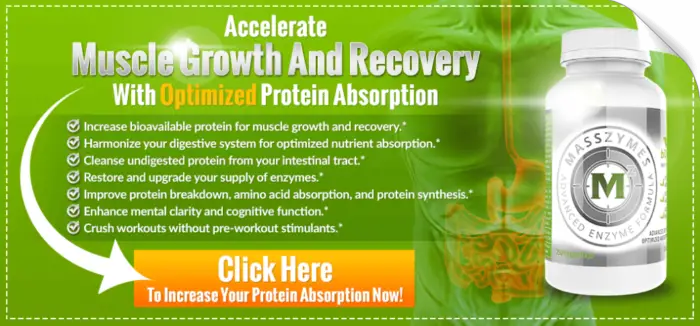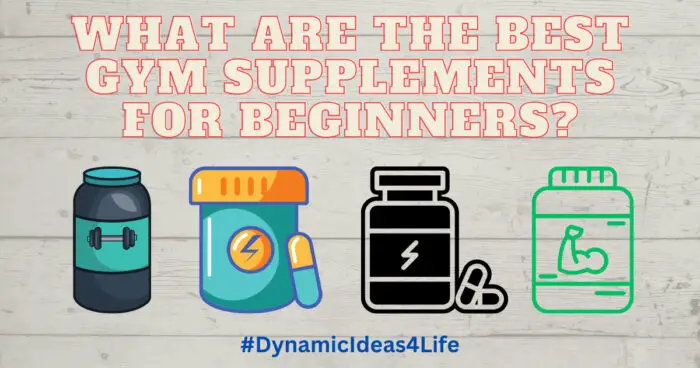
What Are The Best Gym Supplements For Beginners? In order to maximize their results, many fitness enthusiasts turn to supplements to help support their fitness goals. Supplements can provide additional nutrients that may be difficult to obtain through diet alone.
They can also help boost energy and recovery after workouts. So there is much to think about here.
However, with so many different options available, it can be difficult to determine which supplements are truly beneficial and which are just marketing hype. In my 3 years+ of running this website, I’ve certainly come across my own fair share of both good and bad gym supplements.
It is the same really with any dietary supplement of any kind but regarding just gym supplements in particular…
This post today will explore some of the most popular supplements used by gym-goers and provide an in-depth analysis of their benefits and potential drawbacks. We will discuss the importance of;
- Protein Supplements for Muscle Building,
- The Benefits and Risks of Creatine Use,
- Popular Pre-workout Supplements, and
- The Use of BCAAs for Muscle Recovery.
For anyone reading this we hope that by the end of this post, you will have a better understanding of which supplements may be right for you and how to incorporate them into your Exercise and Fitness routine.
We hope this information can help you and provide you with the answers that you are looking for.
When you’re finished reading let us know what you think in the comments section towards the bottom of this page. Your feedback is greatly appreciated. But before this keep reading below to find out more about…
What Are The Best Gym Supplements For Beginners?
What are they? Anyone who doesn’t train will think it is only protein shakes that people take when going to the gym but this is not even half of it. I’m guessing a lot of people reading this post will know what I am talking about but for any new trainers, here is pretty much the gist of it.

Just to summarize these are;
- Protein Supplements
- Creatine Supplements
- Pre-Work Out Supplements
- BCAAs
- Digestion Supplements
- and Probiotics
I will begin with the most obvious.
Anyone who doesn’t go to the Gym might think that this is the only supplement people take but this is not true.
As you can see from the list above there are a good few let’s take a look at Protein Shakes…
Protein Supplements and Shakes

Protein is an essential macronutrient that plays a crucial role in building and repairing muscle tissue. When we exercise, we create small tears in our muscle fibers, which need to be repaired in order to grow stronger.
For this potential issue consuming adequate amounts of protein is necessary to support this process. Dietary protein provides the building blocks our bodies need to repair and grow muscle tissue so this is certainly very important.
However, when it comes to taking Protein Supplements there are several different types available on the market to choose from, but really three of the most popular are whey protein, casein protein, and soy protein.
I will briefly summarize each of these below in a bit more detail, but I shall begin with the most popular of these three types which is Whey Protein.
So Whey Protein is one of the most popular protein supplements for gym-goers. It is a fast-digesting protein that is quickly absorbed by the body, making it an ideal choice for post-workout recovery.
Whey Protein is derived from milk and the Cheese making process. The curd is what is used to make Cheese and the leftover Whey (liquid) is pasteurized, and the protein inside is isolated and concentrated.
For those that supplement with this product, this is high in essential amino acids, particularly leucine, which is important for the synthesis of muscle protein and the growth of lean muscle mass.
Casein protein is another type of protein derived from milk, but unlike Whey protein, Casein is a slow-digesting protein that provides a sustained release of amino acids over a longer period of time.
This makes it a good choice for consuming before bed or during periods of fasting when a slow and steady release of protein is desired.
Soy protein is a plant-based protein source, this is a good option for vegans or those with dairy allergies. It is high in essential amino acids, but however, research suggests that it may not be as effective as Whey Protein for muscle building and recovery.
*Other vegan alternatives include Pea Protein and Pumpkin Seed Protein I shall cover this in another article.
Now…
Pros and Cons of Protein Supplements
Each type of Protein Supplement has its own unique benefits and drawbacks. For instance, Whey Protein is highly effective for post-workout recovery and muscle building, but may not be suitable for those with dairy allergies.
Casein Protein again also presents this problem, but because of its sustained release, it may not be as effective as whey protein for muscle building.
Soy Protein is a good plant-based option but is not good for those with a Soy Allergy. It also may not be as effective as animal-based proteins for muscle building and recovery.
In summary, it really depends on the individual which type of protein supplement is best for them. Individual goals, dietary restrictions, and preferences are all factors to consider.
I personally prefer a blend of soy and whey protein together but each to our own.
Now, let’s continue…
How About Creatine Monohydrate Supplements
Creatine Monohydrate is a naturally occurring compound found in the body that plays a key role in energy production during high-intensity exercise. It is stored in the muscles and helps to produce ATP (adenosine triphosphate), which is the primary source of energy for muscle contractions.
Creatine Supplements are often used to help increase muscle mass and improve performance during high-intensity Interval Training (HIIT) workouts. It is something that has been extensively studied and has been found to have several benefits for athletes and gym-goers.
Of its many benefits for exercise and fitness these include;
- Increased Muscle Mass and Strength: Creatine can help increase muscle mass and improve strength, particularly when used in conjunction with resistance training.
- Improved Athletic Performance: Creatine can improve performance during high-intensity exercises (HIIT), such as sprinting and weightlifting.
- Increased Energy and Endurance: Creatine helps to produce ATP, which can improve energy levels and endurance during workouts.
However, whilst Creatine is generally considered safe for most people when used as directed, there are some potential side effects and risks to be aware of.
These things should definitely be taken into consideration before you take these supplements;
- Gastrointestinal (GI) Distress: Creatine is known, for some, to cause stomach upset, diarrhea, and other digestive issues. This may be the case, especially for first-timers and newbies but definitely be very careful.
- Dehydration: Another important thing to note is that Creatine can cause the body to retain water, which can lead to dehydration if adequate hydration is not maintained. So remember to drink plenty of fluids.
- Kidney Damage: OK, so while there is no evidence to suggest that Creatine causes kidney damage in healthy individuals but it may be harmful to those with pre-existing kidney conditions. So if you are planning to start taking creatine and you have Kidney issues definitely speak to a doctor first beforehand.
I mean really It is important to speak with a healthcare professional before starting any new supplement regimen but especially if you have any of these preexisting health issues.
Speaking to a GP can help determine if it is safe and appropriate to take a supplement (any kind) for your individual needs and further to this they can provide guidance on proper dosing and usage. Now…
What Are Pre-Workout Supplements
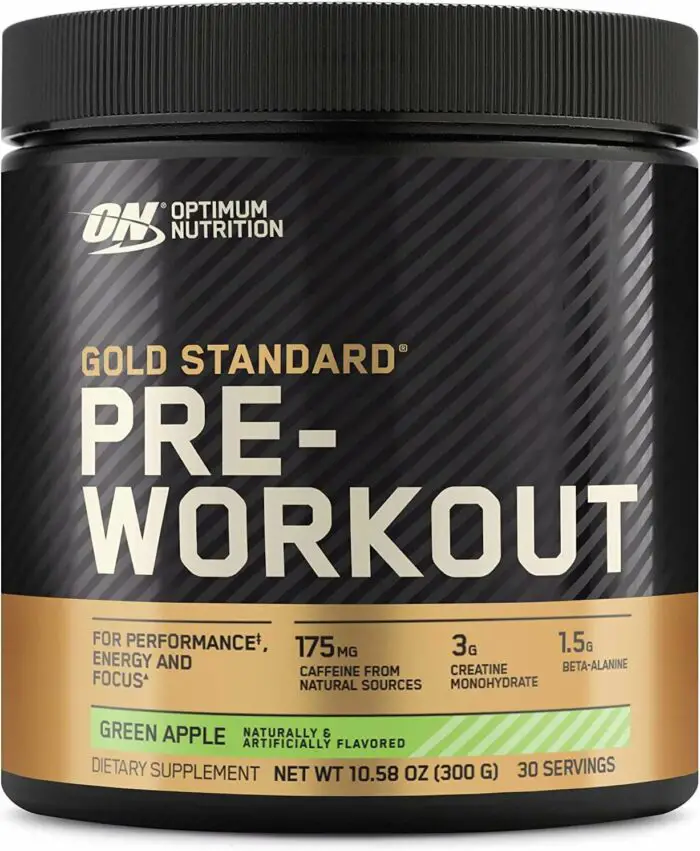
Pre-Workout Supplements are designed to enhance athletic performance by providing an energy boost, increasing focus and mental alertness, and improving endurance.
These supplements are typically taken before a workout to help improve performance and maximize results.
For this purpose, there are several Pre-Workout Supplements available on the market. Three of the most popular are Caffeine, Beta-Alanine, and Nitric Oxide Boosters.
Each I will discuss further below;
- Caffeine: I’m sure most people will be quite familiar with what Caffeine is but as a stimulant, this can help improve mental alertness, reduce fatigue, and increase endurance. It is of course commonly found in coffee, tea, and energy drinks, but Caffeine is also available in supplement form.
- Beta-Alanine: This is an amino acid that is used to improve endurance and reduce fatigue. It works by increasing the levels of carnosine in the muscles, which helps to buffer acid buildup and delay fatigue during high-intensity exercise.
- Nitric Oxide Boosters: These are supplements that are designed to increase blood flow and oxygen delivery to the muscles. They typically contain ingredients such as L-Arginine and L-Citrulline, which help to increase the production of nitric oxide, a molecule that dilates blood vessels and improves blood flow.
Each of these is generally considered safe but ideally, there are the good and the bad for each type of product.
The Pros and Cons of Pre-Workout Supplements:
So, each type of pre-workout supplement I have mentioned has its own unique benefits and drawbacks.
- Caffeine is a powerful stimulant that can improve focus and endurance, but can also cause jitters, anxiety, and insomnia.
- Beta-Alanine can help improve endurance and reduce fatigue, but can also cause a tingling or flushing sensation.
- Whilst Nitric Oxide Boosters can improve blood flow and oxygen delivery, but may not be effective for everyone and can cause stomach upset in some people.
It is again, as I mentioned in the last section, important to speak with a healthcare professional before starting any new supplement regimen, including pre-workout supplements. Now let’s continue…
What Are BCAAs?
BCAAs, or branched-chain amino acids, are a group of three essential amino acids: Leucine, Isoleucine, and Valine. These amino acids are essential because the body cannot produce them on its own and they must be obtained from either food or supplements.
BCAAs are important for muscle protein synthesis and energy production during exercise. They work by promoting the uptake of glucose and amino acids into the muscles, which helps to fuel and repair the muscles.
*Note I don’t think this video sells the idea of taking BCAAs very well but still let’s look at this in more detail.
The Benefits of Using BCAAs
There are several benefits of using BCAAs for gym-goers and athletes. Some of the main benefits include:
- Increased Muscle Protein Synthesis: BCAAs can help to promote muscle protein synthesis, which can lead to increased muscle growth and repair.
- Reduced Muscle Soreness and Fatigue: BCAAs can help to reduce muscle soreness and fatigue during and after exercise, which can improve recovery and performance.
- Improved Endurance and Energy: BCAAs can help to improve endurance and energy during exercise by providing the muscles with an alternative energy source.
However, there are some potential drawbacks that can come from using BCAAs:
While BCAAs are generally considered safe for most people (when used as directed), there are some potential drawbacks to be aware of. The Include…
- The Cost: BCAAs can be expensive compared to other supplements, especially if taken in high doses.
- Potential for Digestive Issues: BCAAs can cause stomach upset, diarrhea, and other digestive issues in some people.
- Not Suitable for Everyone: BCAAs may not be suitable for individuals with certain medical conditions or those who are pregnant or breastfeeding.
*Side note: Like the other supplements mentioned be sure to consult with a physician before taking BCAAS. Common sense is the best approach to taking a kind of dietary supplement but anyway, we are not done yet.
We still have…
Digestive Enzyme Supplements and Probiotics
Digestive enzymes and probiotics are two types of supplements that can help support digestive health. Digestive enzymes are enzymes that help to break down carbohydrates, proteins, and fats in the digestive system, making it easier for the body to absorb nutrients.
Probiotics, on the other hand, are live microorganisms that can help to improve the balance of bacteria in the gut and support a healthy immune system.
Together there are several benefits of using digestive enzymes and probiotics for gym-goers and athletes. Some of these main benefits include:
- Improved Nutrient Absorption: Digestive enzymes can help to break down food more efficiently, which can lead to improved nutrient absorption and utilization.
- Reduced Digestive Discomfort: Digestive enzymes and probiotics can help to reduce digestive discomforts, such as bloating, gas, and constipation.
- Enhanced Immune Function: Probiotics can help to support a healthy immune system, which is important for athletes who may be more susceptible to illness due to high levels of physical activity.
For me, I think these two supplements together are quite special. Digestive Enzymes help to break down the likes of Protein for an even bigger release of Amino Acids and Probiotics actually supercharge this process.
See this video to see what I mean. Amazing proof this actually works.
*Note these supplements I am recommending are Proteolytic Enzymes designed for Protein Digestion.
In Conclusion
In this post, we discussed several different types of gym supplements, including protein supplements, Creatine, Pre-Workout Supplements, BCAAs, Digestive Enzymes, and Probiotics. Each of these supplements can offer unique benefits for gym-goers and athletes.
Many will attest to the idea of finding the Best Gym Supplements For Beginners.
However, when choosing the best supplements for your individual goals and needs, it is important to consider factors such as your training regimen, dietary needs, and personal preferences.
You may also want to do research on the effectiveness and safety of different supplements and consult with a healthcare professional or registered dietitian for personalized recommendations.
Now, if you have read this far there are a few gym supplements we have reviewed that are suitable for beginners.
Check out these links to visit the websites for each product;
FAQs
Are Supplements Necessary for Building Muscle?
No, supplements are not necessary for building muscle. However, they can be a helpful addition to a balanced diet and exercise regimen.
What Is The Best Protein Supplement?
The best protein supplement will depend on your individual needs and preferences. Whey protein is a popular choice due to its high quality and fast absorption, but casein protein and soy protein can also be effective alternatives.
Is Creatine Safe?
Creatine is generally considered safe for most people when used as directed. However, some individuals may experience side effects such as gastrointestinal distress, muscle cramps, or dehydration.
What Are the Best Pre-Workout Supplements?
The best pre-workout supplements will depend on your individual goals and preferences. Caffeine, beta-alanine, and nitric oxide boosters are popular choices for improving energy, endurance, and focus during workouts.
Can You Take Too Many Gym Supplements?
Yes, it is possible to take too many Gym supplements. Taking excessive amounts of certain supplements can be harmful to your health, and some supplements can interact with medications or have other negative effects.
So It is important to follow recommended dosages and consult with a healthcare professional before starting any new supplement regimen.
References
- Tipton, K. D., & Witard, O. C. (2018). Protein requirements and recommendations for athletes: relevance of ivory tower arguments for practical recommendations. Clinical Nutrition, 37(3), 925-934. doi: 10.1016/j.clnu.2017.06.021
- Kreider, R. B., Kalman, D. S., Antonio, J., Ziegenfuss, T. N., Wildman, R., Collins, R., . . . Lopez, H. L. (2017). International Society of Sports Nutrition position stand: safety and efficacy of creatine supplementation in exercise, sport, and medicine. Journal of the International Society of Sports Nutrition, 14, 18. doi: 10.1186/s12970-017-0173-z
- Trexler, E. T., Smith-Ryan, A. E., Stout, J. R., Hoffman, J. R., Wilborn, C. D., Sale, C., . . . Antonio, J. (2015). International society of sports nutrition position stand: Beta-Alanine. Journal of the International Society of Sports Nutrition, 12, 30. doi: 10.1186/s12970-015-0090-y
- Joy, J. M., Lowery, R. P., Wilson, J. M., Purpura, M., De Souza, E. O., Wilson, S. M., . . . Jäger, R. (2015). Effects of 8 weeks of Xpand® 2X pre workout supplementation on skeletal muscle hypertrophy, lean body mass, and strength in resistance trained males. Journal of the International Society of Sports Nutrition, 12(Suppl 1), P38. doi: 10.1186/1550-2783-12-S1-P38
- Jäger, R., Kerksick, C. M., Campbell, B. I., Cribb, P. J., Wells, S. D., Skwiat, T. M., . . . Antonio, J. (2017). International Society of Sports Nutrition Position Stand: probiotics. Journal of the International Society of Sports Nutrition, 14, 20. doi: 10.1186/s12970-017-0185-8
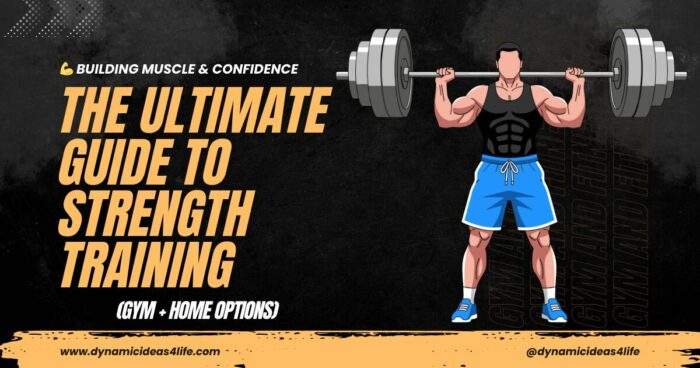

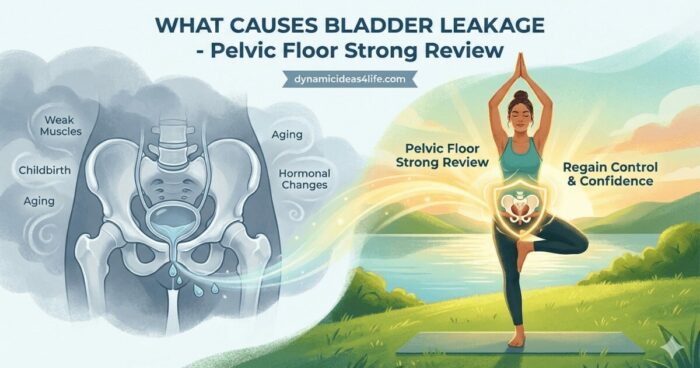
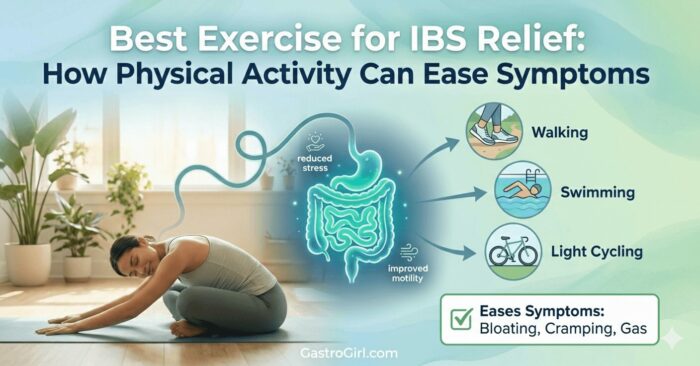

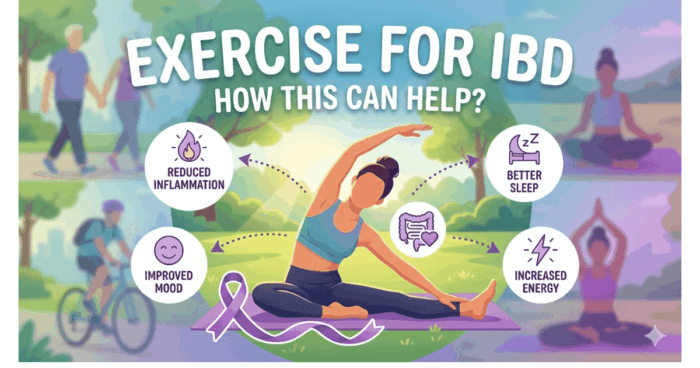
Anxiety and Depression BiOptimizers blood pressure supplements blood sugar control blood sugar support supplements cognitive function digestive enzymes Digestive Enzymes Supplement Digestive Health digital products Dr Sam Robbins Exercise Gut Health Gut Health While Travelling Health Tips for Travelling Healthy Living heart health HFL How To Lower Cholesterol insulin resistance joint health supplement keto dieting Keto Diet Weight Loss leaky gut supplements list Magnesium deficiency Matt Gallant mental health multivitamins Nootopia Nootropics nutrient supplements Probiotics Probiotic Supplements reverse type 2 diabetes stress and anxiety stress relief vitabalance vitapost Wade Lightheart weight loss articles weight loss diet plans weight loss product reviews weight loss supplements weight loss tea


